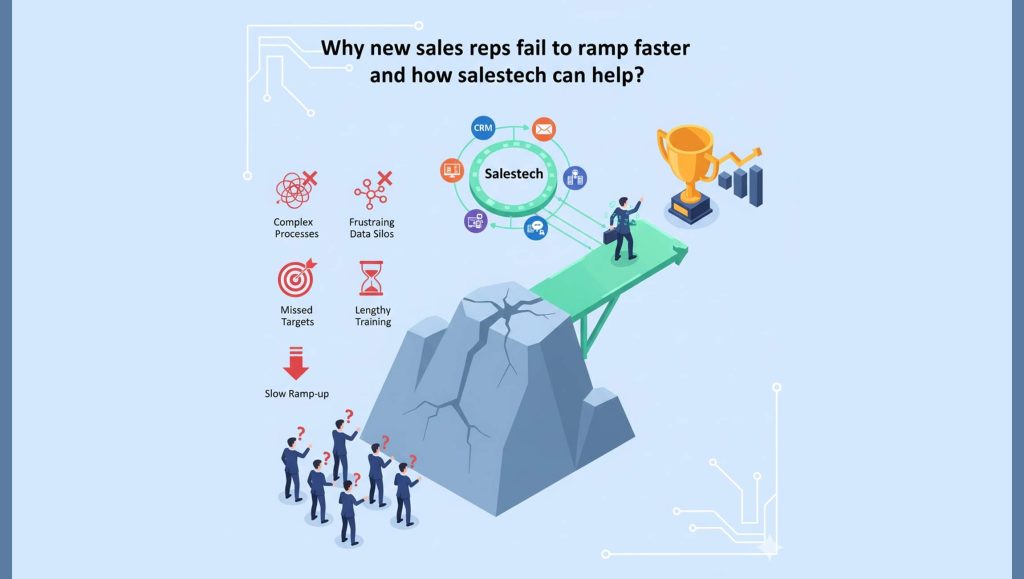— 64% of U.S. and European companies report supply chain disruptions led to revenue losses from 6% to 20% in 2020 and significant damage to company’s brand
— Future supply chain disruptions expected, driven by geopolitical and trade issues, commodity price uncertainty, and cyberattacks
— Major shift in global supply chain strategy as redundancy and resilience deemed more important than speed and efficiency
GEP, a leading provider of procurement and supply chain strategy, software, and managed services to Fortune 500 and Global 2000 enterprises worldwide, today unveiled its “Cost of Supply Chain Disruption” commissioned survey of C-suite executives at European and U.S. global companies, conducted by The Economist Intelligence Unit (EIU). According to the report, while COVID-19 was a significant factor, it was only one of the disruptive forces that strained and occasionally broke supply chains. American firms in particular have been beset by a variety of problems amidst a U.S.-China trade dispute. The report found that the biggest supply chain challenges global organizations face moving forward are compliance with constantly changing trade regulations, cyberattack, supplier risk, and managing brand reputation.
Read More : True Influence Named Company Of The Year in Business Intelligence Group’s BIG Award For Business
The report reveals the high cost of supply chain disruptions to global companies and how they are responding, including:
- Nearly half (45%) report that COVID-19 “significantly” disrupted their supply chain, but it is only one of several challenges facing multinational companies, including cyberattacks (36%), commodity pricing fluctuations (33%), and diverging regulations (32%);
- 64% of companies with revenue greater than USD$1 billion reported revenue losses between 6% and 20% in 2020, which GEP calculates represents between $2 trillion to $4 trillion in lost revenue;1
- 38% of companies with revenue greater than USD$1 billion report “significant damage to company’s brand reputation” and one-third (33%) said their “operational costs increased” significantly as a direct result of supply chain disruptions;
- Sales top challenges: Adjusting sales and pricing strategies (40%) and adapting to evolving customer preferences (40%) as a result of disruptions;
- Finance top challenge: Ensuring availability of lines of credit from investors and funders (40%) as a result of disruptions
Supply chain disruptions are expected to become more common. While COVID-19 upended every company’s supply chains and operational plans last year, geopolitical risks — regional trade policy, instability, corruption — represent an organization’s biggest concern (31.5%) than any other factor, including increasing labor costs in supplier countries.
“While COVID-19, understandably, gets all the press, it is far from the only force wreaking havoc with the world’s global supply chains that costs most companies double-digit revenue loss and, perhaps more important, immeasurable reputational damage and customer loyalty,” said John Piatek, GEP’s vice president, consulting, and chairman of the firm’s Thought Leadership Council. “Supply chains and procurement are a key driver of sustainable competitive advantage, but despite spending millions on ERP solutions, most global companies are ill-equipped to effectively manage complex global supply chains in face of uncertainty, global warming, tariffs and trade wars, and national governments increasing control of natural resources and strategic industries.”
Read More : If You Want to Close More Sales Over Email, Track These Overlooked Metrics
The report also provides a new road map for companies building resilient supply chains:
- Signaling a major shift in strategy, sixty one percent (60%) of respondents agree that “redundancy and resilience in their company’s supply chain are more important than speed and efficiency.”
- More than half of the executives surveyed (54%) say that organizations must make significant changes to effectively manage supply chain disruptions in the next five years.
- Companies are pursuing a range of actions to mitigate the impacts of future disruptions, including strengthening relationships with existing suppliers, implementing permanent supply chain risk management teams and processes, accelerating investment in digital technology, and integrating supply chain and procurement more closely with finance and IT.





















